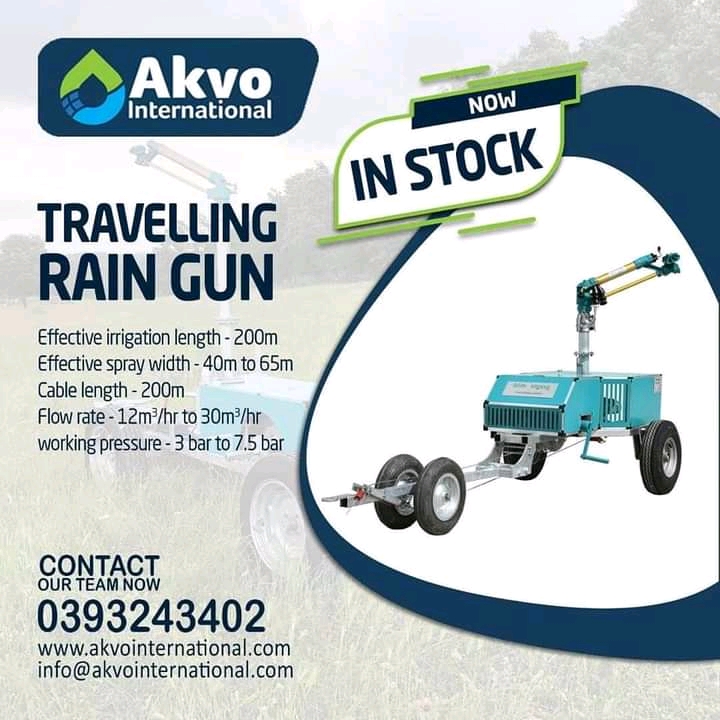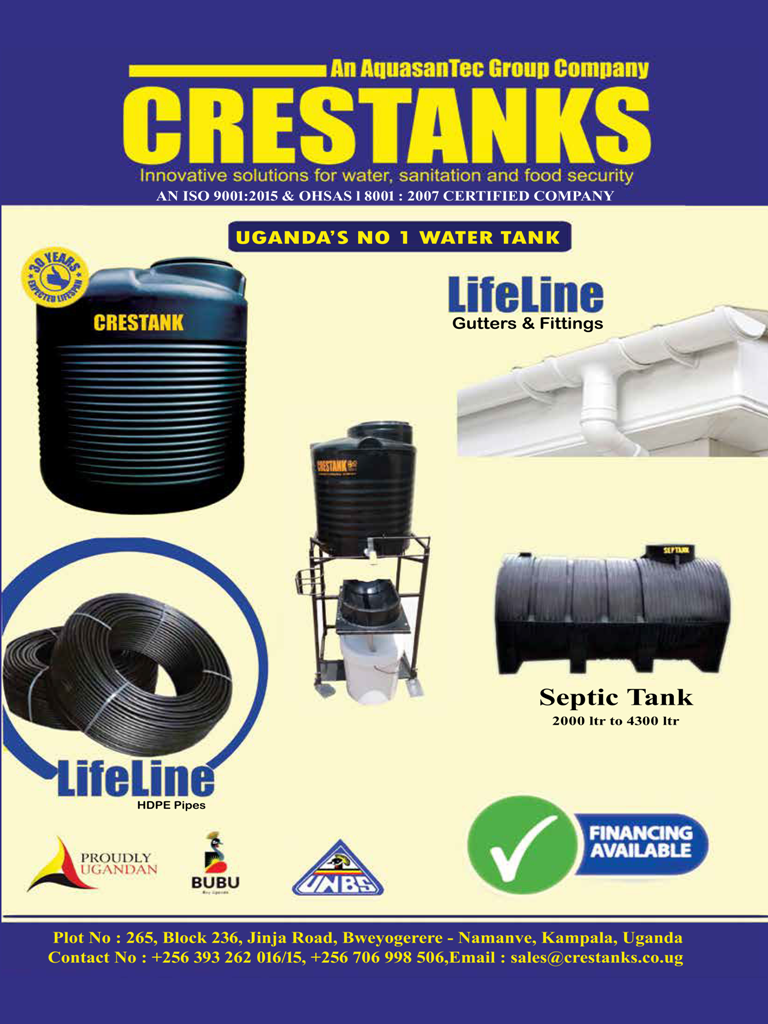The WASH in emergency technical working group has decried dwindling funds amidst efforts to improve water coverage, sanitation and hygiene situations in refugee settlements in the country.
Available information indicates that the WASH in emergency technical working group was formed under the auspices of Uganda water and sanitation NGO network (UWASNET) as an integral platform for WASH partners operating in refugee settlements across Uganda.
The current constitution of the group spans eleven (11) refugee settlements with over 30 WASH partners.
Chaired by Water Mission Uganda (WMU), deputized by Lutheran World Foundation (LWF) and Oxfam as secretary to the group the WASHinE Technical Working Group has been operating in in West Nile, Northern and Western Uganda.
The main intervention areas/objectives of the WASHinE Technical Working Group were to supply of potable water to persons of concern in line with SDG 6 Target 6.1, O&M of water systems, WASH infrastructure improvement, ensuring that persons of concern live in satisfactory sanitary and hygienic conditions, construction of communal latrines and subsidizing household latrines construction.
Consequently, the working group achieved an average per capita of 16.9 l/p/d across settlements, which is still slightly below the post-emergency standard of 20 l/p/d. The water coverage is slightly above the post-emergency standard.
In terms of sanitation, the group achieved an average of 68.6% sanitation coverage, which is still below the 85% target while under hygiene the coverage is still low, standing at 37%.
It is important to note that the group was happy about the partnership with UWASNET, UNHCR, OPM, Ministry of Water, and Ministry of Health, sharing of best practices and receiving more funding to the sector, despite not being enough.
Some of the positive changes TWG members saw on the ground included contribution by WASH partners to the attainment of SDG 6 Targets through ensuring improved access to potable water for over one million refugees, as well as improved sanitation coverage by constructing communal latrines for new arrivals. The group also distributed dome-shaped slabs for to subsidize household latrine construction.
However, the implementation has been slowed by reduced donor funding and continuous refugee influx.
With efficient use of resources, adoption of integrated approach to working with other sectors like livelihood, health, education, protection, and involvement of refugees in planning and implementation of interventions, the situation can get better.
The group highlighted various plans to improve on the status quo. These included strengthening cohesion for consortium funding opportunities, supporting transition of water supply to utility, promoting sharing of best practices through bench-marking visits, joint proposal writings for more funding into the sector, and incorporating more livelihood interventions to build financial capacity of refugees, promote resilience and sustainability.
The other plans include strengthening bond with government agencies and influence key policy positions and promoting efficient use of resources in the face of dwindling donor funding.
In the meantime, the group intends to plan for and use the available resources efficiently, allocate adequate budget towards WASH service delivery in refugee settlements, subsidize the operation and maintenance of water resources and systems, and enhance capacities of government health facilities in refugee settlements by improving staffing, bed capacity and infrastructures.
Below is detailed presentation.



















